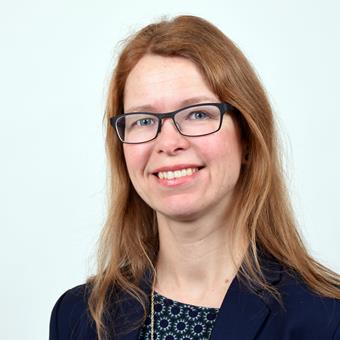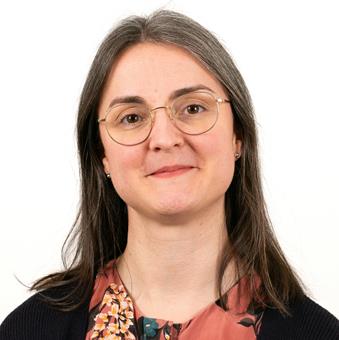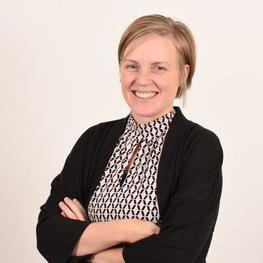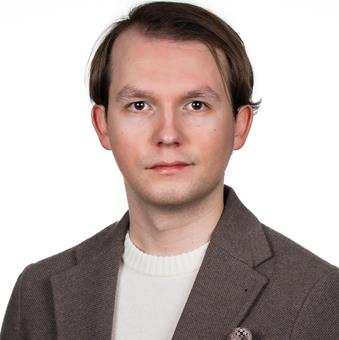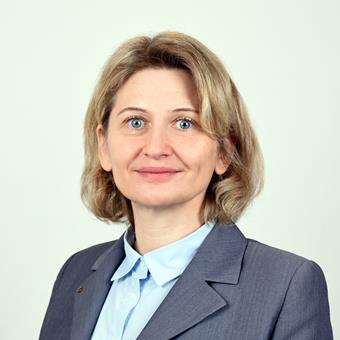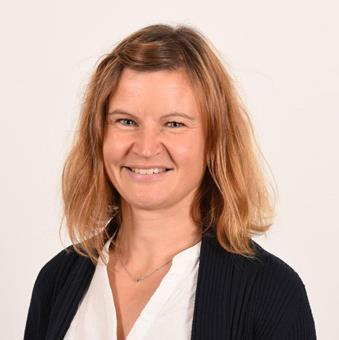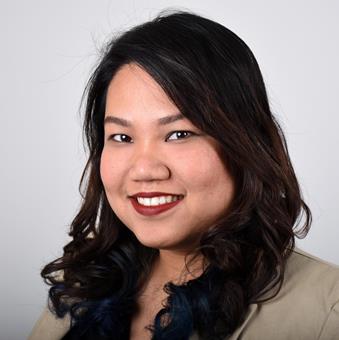
Björn Oskarsson
Associate Professor
My vision – World class logistics education
A silver thread running through my almost 30 years at LiU has been to deliver the courses in a good a manner as possible, and in different ways develop it to be even better.
Teaching
Teaching in logistics
The foundation is, of course, the teaching itself – the meetings with students and the planning required to make these teaching and learning activities as rewarding as possible. Students invest several years of their lives in obtaining a good education, and as teachers we therefore have a responsibility to provide them with the best possible journey.
During my time at LiU, I have served as responsible examiner for approximately 65 course offerings, distributed across about ten different courses in Logistics and Supply Chain Management. In addition, I have participated as a teacher in a large number of other courses and supervised around 115 Master’s thesis projects as well as approximately 65 major project courses. Within Didacticum, I have also been involved in courses with a particular focus on teaching and supervision.
Educational development
Over the years, I have worked extensively with the development of teaching, assessment, and course design, with the aim of ensuring that these components together support students in achieving the intended learning outcomes – commonly referred to as constructive alignment. This perspective has also been central in a Didacticum course for course coordinators, for which I was responsible over a period of two years.
A guiding principle for me is that learning activities, such as teaching cases, should be both challenging and realistic, and designed to foster strong student engagement.
Administration and educational leadership
For more than 15 years, I had the privilege of serving as Director of Studies at the Division of Logistics and Quality Management at the Department of Management and Engineering (IEI), and was thereby responsible for the logistics education offered by the division. This role included administrative responsibilities (such as course staffing), educational leadership (creating a sense of team spirit and encouraging everyone to work towards common goals), and development activities (at the level of individuals, the group, and the organisation as a whole).
Within the framework of Didacticum, I have also been involved in the design of a new course in Educational Leadership, targeted at Directors of Studies, programme directors, and similar educational leaders.
Research and authorship
My research has primarily focused on the intersection between pedagogy and logistics. One example is the article “Total cost analysis in purchasing education: A two-step open-ended teaching case approach” (2025), which explores a teaching method designed to stimulate students’ critical thinking.
Together with two colleagues, I have authored the textbook Modern Logistics. It is used both in our own courses and at other higher education institutions. The fifth edition was published in 2021, and for many years the book has been the best-selling Swedish textbook in logistics.
I have also developed a framework for conducting structured total cost analyses, aimed at providing improved decision support.
Latest publications
2025
 Continue to DOI
Continue to DOI
 Continue to DOI
Continue to DOI
 Continue to DOI
Continue to DOI
Journal of Purchasing and Supply Management
, Vol.31
 Continue to DOI
Continue to DOI
Brief facts
Brief CV
- 2020–present: Senior Lecturer, Division of Logistics and Quality Management, Linköping University
- 2022–present: Educational Developer, Didacticum – Centre for Higher Education Pedagogy, Linköping University
- 2000–2017: Director of Studies, Division of Logistics and Quality Management, Linköping University
Awards and distinctions
- 2022: Faculty of Science and Engineering (LiU) Award for Excellence in Teaching
- 2021: ICHCA Award for Best Doctoral Thesis in Transport and Logistics (2018–2021)
- 2004–2015: Dean’s Letters of Commendation, Faculty of Science and Engineering (LiU), awarded ten times for outstanding course evaluations in Purchasing (course examiner)
Ongoing research and assignments
- Pedagogical development project: “Critical Thinking – student development and teacher support” (2025–present)
- Pedagogical Lead, Didacticum (2025–present)
- Investigation of regionalised/decentralised education at Linköping University (2025–present)
- Member of the Organising Committee, National Conference on Engineering Education in Sweden (2025–present)
- Member of the Didacticum Advisory Board (2024–present)
Current teaching
Division of Logistics and Quality Management (Master of Science in Engineering programmes)
- TETS38 Logistics Project: Examiner, lecturer, and seminar leader
- TETS58 Strategic Purchasing: Lecturer and seminar leader
- TPPE91 Planning and Economics of Production Systems: Lecturer and seminar leader
- Master’s theses: Supervisor
Didacticum
- Course for course coordinators
- Educational Leadership

